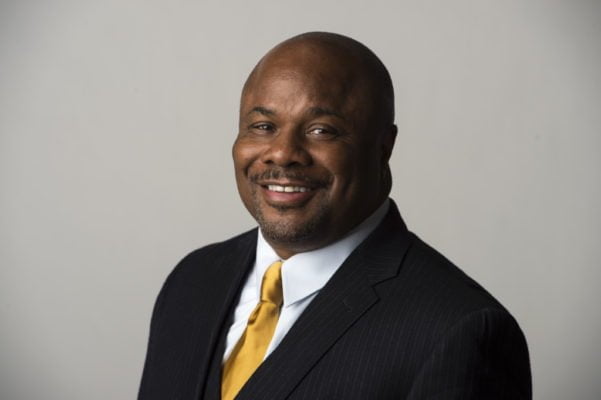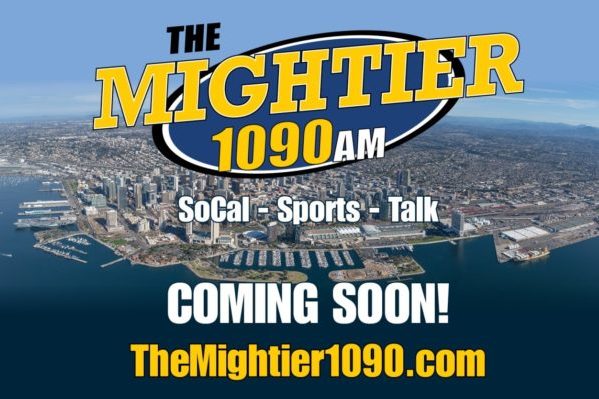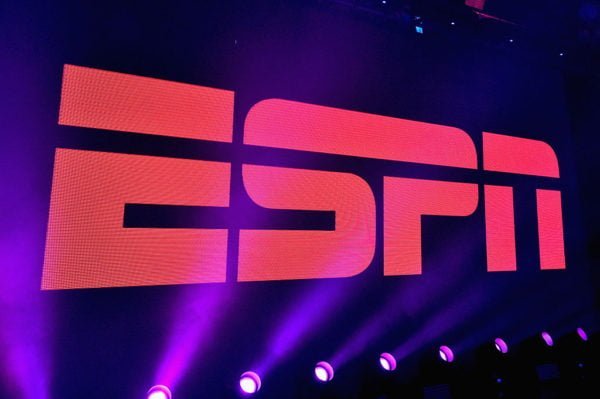ESPN’s Senior Vice President of Production, Dave Roberts, has finally given his first interview since ESPN Radio revealed its new lineup, which is set to start August 17. Michael McCarthy of Front Office Sports had the honor of chatting with Roberts, who is quick to point out that the network thinks of itself as “audio” and not just terrestrial radio.
“If you look at what’s going on in the audio space, the way audio is consumed today, in no way reflects how it was consumed, say, even five years ago,” Roberts said. “It’s a whole new day in radio and audio consumption. The approach we took is to put ourselves in the best position so that we can be accessible on all audio platforms – no matter where people choose to listen.”
Roberts was complimentary of Mike Golic Sr. He said the decision to move on from the man that has been part of morning drive on ESPN Radio for the last 22-years was a tough decision, but says “tough decisions are always part of leadership.”
McCarthy asked Roberts about a Tweet from Golic’s wife Christine last month, which said that Golic offered to reunite with former Mike & Mike partner Mike Greenberg in mid days.
“I’m not going to respond to comments made on Twitter. Nor am I going to go into the background of internal discussions,” Roberts answered. “I’ll just say Mike Greenberg has his plate full with doing Get Up and also with his [new] two-hour radio show.”
Greenberg is just one of many talents that will be pulling double duty on both ESPN and ESPN Radio. Roberts says that is no accident. It wasn’t a decision driven by saving money either.
“One of our strategies is to have that synergy between TV and radio. One of the keys to our success is how well we merge the two and cross-promote from one platform to the other.”
There are three key elements of the new lineup that Roberts cites as important for ESPN Radio to remain relevant as listener habits change. The first is the addition of new and interesting voices. Along with that comes the second key – diversity. Finally, he cites the way this new staff will work as the most important factor for determining its success.
“At the end of the day, that’s all we can guarantee. And we’re going to guarantee that. We’re going to work hard, we’re going to work smart and hope that the results follow.”









So many of these voices will not be popular in smaller markets or middle America. ESPN has sold out middle America in the last few years with the push for things like the intersection an ESPN radio show about urban sports and race issues.